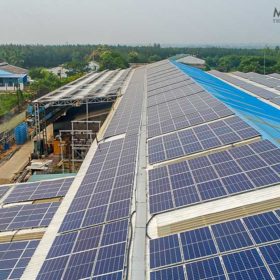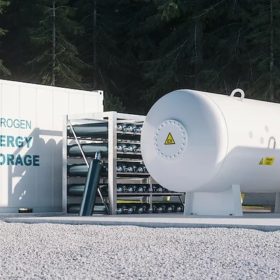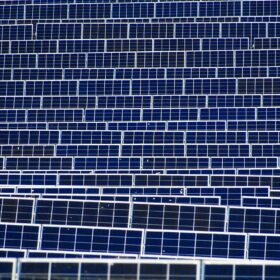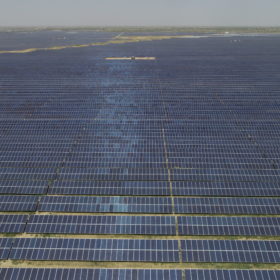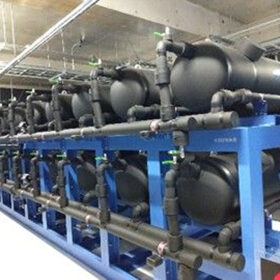Solar industry grapples with oversupply and uncertainty
The solar industry stands at a critical juncture. Oversupply, regulatory hurdles, and technological advancements are all reshaping the landscape. Manufacturers must adapt swiftly, balancing production with demand while navigating the complexities of global trade.
Financial incentives, awareness could boost energy transition among MSMEs: WRI India
A new working paper by WRI India identifies existing gaps and offers suggestions to design policies that assist micro, small and medium enterprises (MSMEs) to switch to clean energy at a faster rate.
Understanding the evolving landscape of Corporate Sustainability Due Diligence Directive
The Corporate Sustainability Due Diligence Directive signals a new era of corporate responsibility, urging Indian businesses to embrace sustainable practices to thrive globally. This presents an opportunity to enhance competitiveness, attract global partners, and contribute to a more sustainable and resilient future.
Green hydrogen hubs: Unfolding India’s potential
Hydrogen hubs, which are organised areas where production and utilisation facilities are closely linked, can make green hydrogen projects more viable. This cluster-based approach addresses the technical, logistical, and commercial challenges of long-distance hydrogen transport, enhances project viability, and allows for economies of scale and concentrated infrastructure.
Weather-related damage to solar assets in USA exceed modeling expectations by 300%
The report from kWh Analytics, with input from several industry leaders, identified 14 risks to be aware of in the solar industry, including risks related to extreme weather, such as hail, and operational risks.
Solar panel import tariffs are affecting the US industry by increasing prices by up to 286%
Clean Energy Associates released a summary of the seven solar module trade policies and solar panel import tariffs currently in place, including AD/CVD rulings, Section 201/302, and the Uyghur Protection Act. These tariffs have significantly increased, or will increase, the cost of hardware imports into the United states – predominantly from China, but not exclusively – by 91% to 286%.
Addressing the interconnected challenges of land degradation and climate change
By forging ahead with solar-powered land restoration initiatives, we can build resilient ecosystems, foster sustainable livelihoods and safeguard our planet for generations to come.
IRENA calls for investment in small island nations
The International Renewable Energy Agency (IRENA) discussed the financing landscape for small island developing states (SIDS) and mechanisms to accelerate the energy transition at the United Nations 4th International Conference on Small Island Developing States.
Clean hydrogen boom by 2030, but targets remain elusive
The clean hydrogen market must navigate technological, political, and economic uncertainties to realise its full potential.
New study provides state-wise renewables addition plan for India
A new study by government thinktank NITI Aayog provides state-wise renewable energy potential that can be harnessed by states to meet their renewable purchase obligations, RE capacity that needs to be procured by the deficit states from other RE-rich states, and storage requirement to meet the required grid balancing. The study was carried out with the support of the Central Electricity Authority and the Ministry of New and Renewable Energy.

